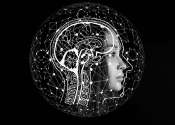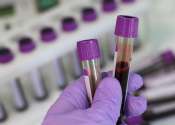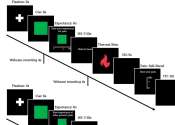Laws requiring doctors to report a dementia diagnosis to the DMV may backfire
Some states require that physicians report a diagnosis of dementia, including Alzheimer's disease, to the DMV. A new study suggests these mandates may have unintended consequences.
Apr 29, 2024
1
76









